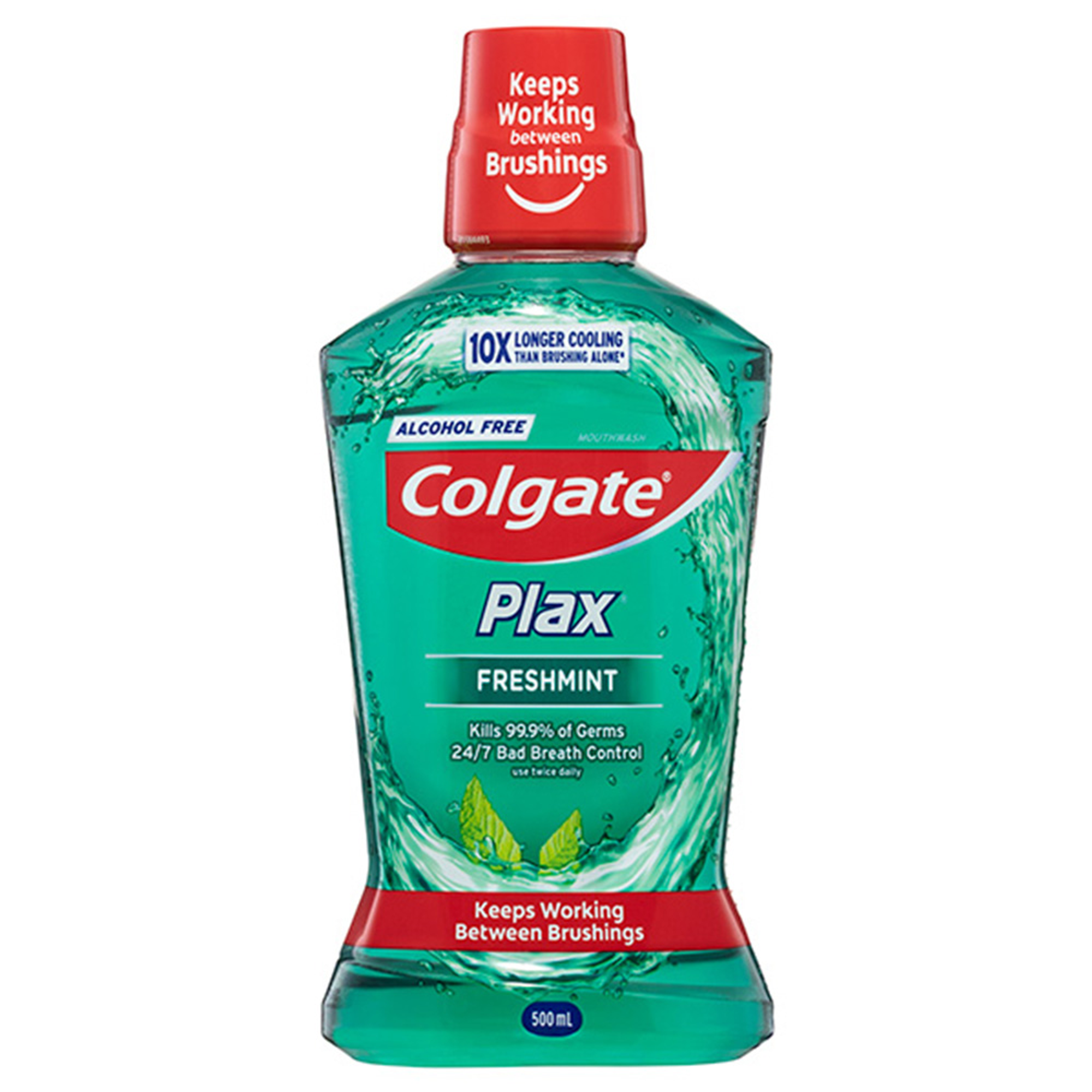
Each year that ticks around I pause at the question asked, when renewing my AHPRA registration, ‘How many more years are you likely to practice within the dental profession?’. In my first few years I would enter a large, overwhelming number that would make my head spin; am I really going to be drilling and filling for that many more years?! With fear of monotony, burnout and fatigue more evident in society, many of us may question, ‘what else can I do with my degree?’. Clinical dentistry does not have to be the sole role for dental professionals, many pathways exist beyond the dental chair with many others yet to be discovered.
Equipped with our knowledge of dentistry and promoting behaviours for better oral health, enables us as dental professionals to explore aspirations within areas of practice ownership, consultancy, management, social media advocacy, oral health promotion and beyond! You may elect to extend your knowledge through postgraduate qualifications (Master of Business Administration, Master of Public Health etc), membership with colleges and institutes, or short courses in business, management, public health and policy. Owning your own business, be it a dental practice, consultancy firm, or even dental product wholesaler, will be challenging but for some can bring a change in career direction, flexibility and autonomy. Some may also choose to work within senior roles with large dental corporations, government and health insurers. Identifying a mentor in these areas can be key in obtaining tailored advice related to your endeavors from someone with extensive industrial experience.
Furthermore academia, clinical education, specialisation/extension of scope and research are options available for dental professionals to explore after their undergraduate studies. Some may choose to engage in research going on to study honours and PhD or postdoctoral qualifications, whereas others may elect to study postgraduate qualifications to specialise or extend their clinical scope of practice. Practitioners may additionally elect to participate in clinical supervision and tutoring of undergraduate and postgraduate students at tertiary institutes. Aforementioned, others may pick up a qualification in a matter separate to dentistry and oral health ranging from business management, to clinical education, public health and even law! Legal studies may have the potential to extend one’s career into medico-legal indemnity and provision of legal advice for dental practitioners.
Gone are the days where a single job is maintained from graduation until retirement, many opportunities are available awaiting dental professionals for careers beyond clinical dentistry. If you ever feel the desire to pivot and explore a career beyond clinical care, don’t feel held back by your initial qualification, the world is your oyster to choose your own path!
William ‘CJ’ Carlson-Jones is an Oral Health Therapist currently practicing in rural South Australia. Completing his Bachelor of Oral Health and Graduate Certificate in Oral Health Science both from the University of Adelaide, CJ is currently undertaking a Master of Business Administration (Health Service Management) with aspirations to facilitate accessible, high quality dental care for all Australians. He is the Finance Director for the Australian Dental & Oral Health Therapists’ Association (ADOHTA) and is a strong advocate for a team approach to dental care. He is a founding representative on the Colgate Advocates for Oral Health: Editorial Community.
Join us
Get resources, products and helpful information to give your patients a healthier future.
Join us
Get resources, products and helpful information to give your patients a healthier future.











